Digestive Health
Modern equine management practices have resulted in horses being exposed to situations vastly different to those in which they evolved, including solitary stall confinement, limited grazing, grain as an energy source, and meal feeding.
Nearly 90% of performance horses may suffer from gastric ulcers
These environments and management practices, although convenient to caretakers, are sometimes not optimal for a horse’s health and performance. Common problems associated with the equine digestive tract include inappetence, colic, gastric ulcers, hindgut acidosis, excess gas production, and loose manure. One debilitating condition influenced by modern horse management is ulceration of both the stomach and colon.
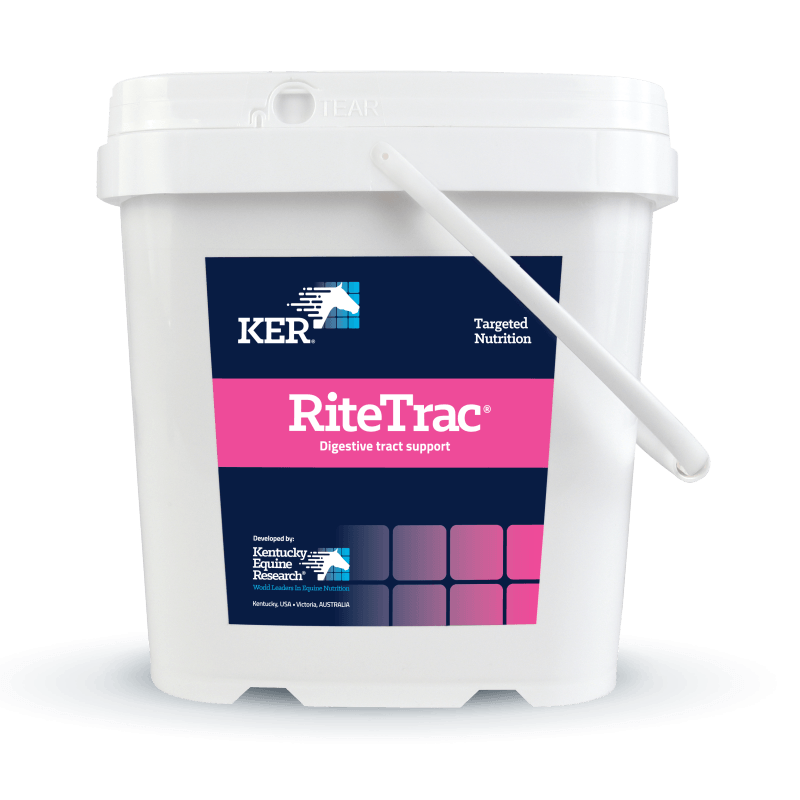

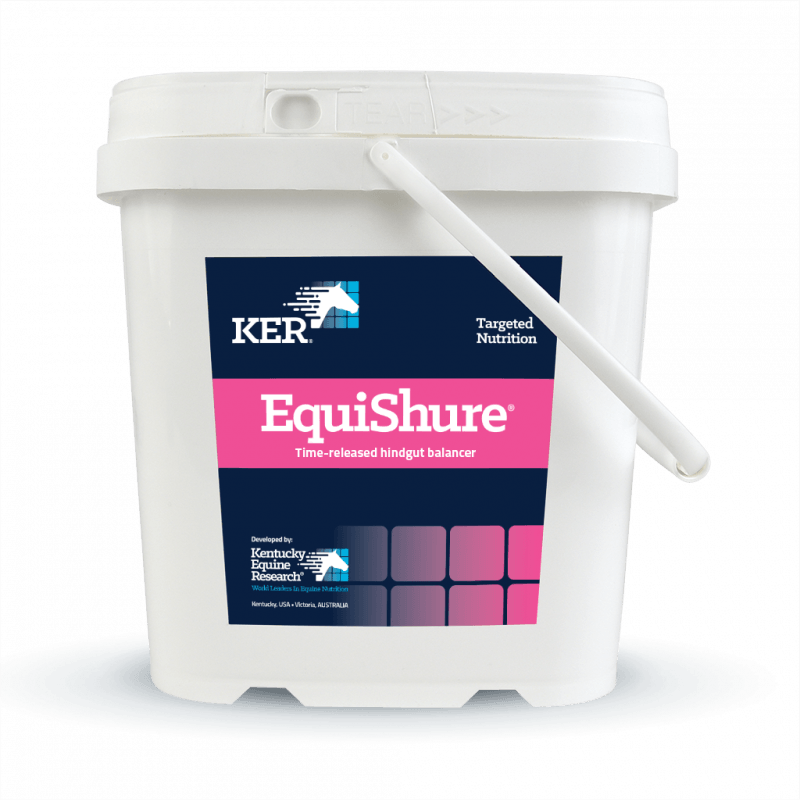
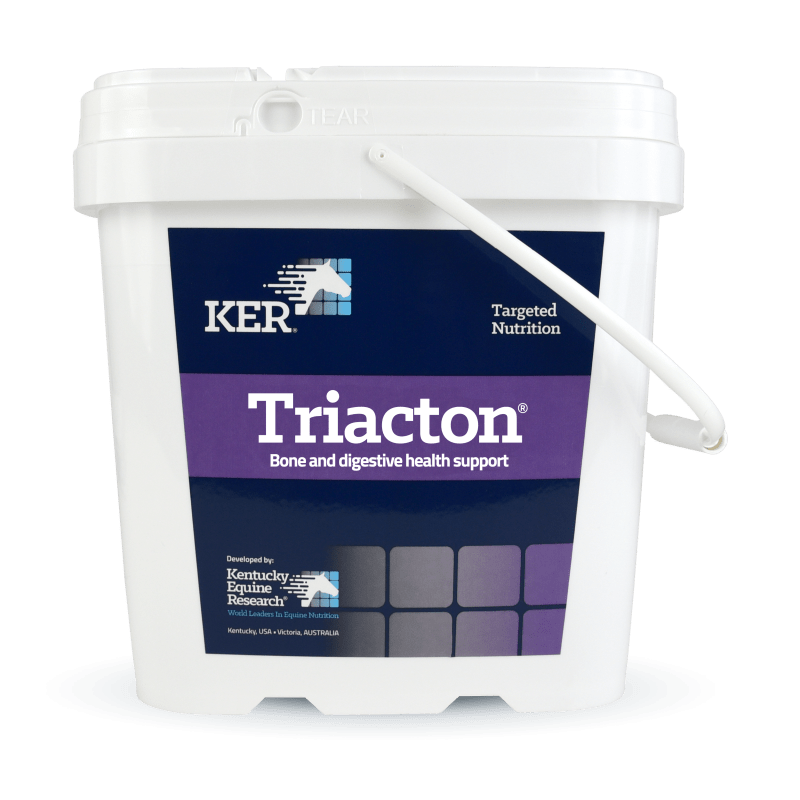
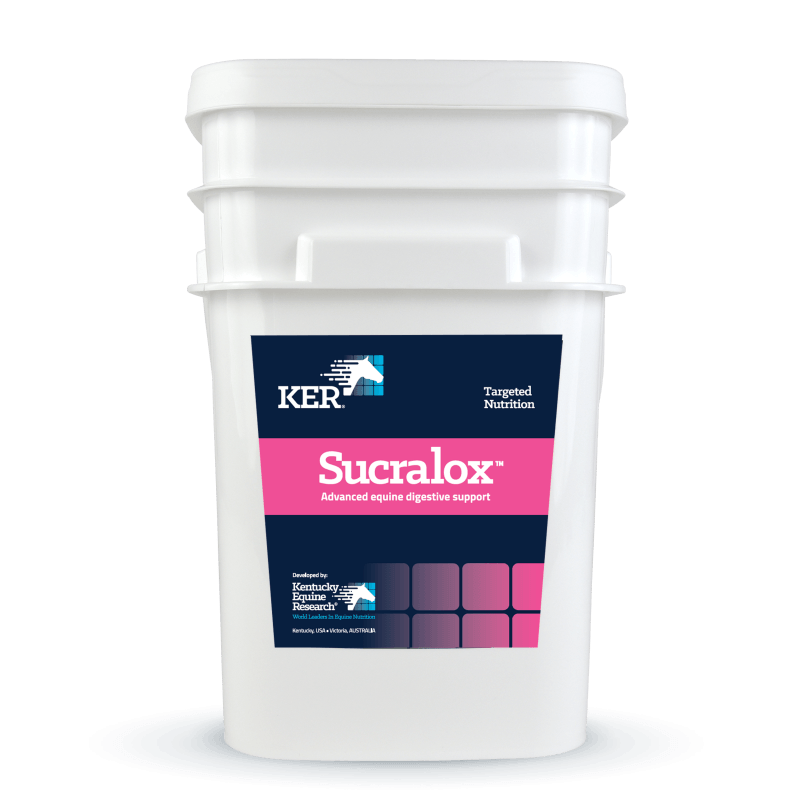
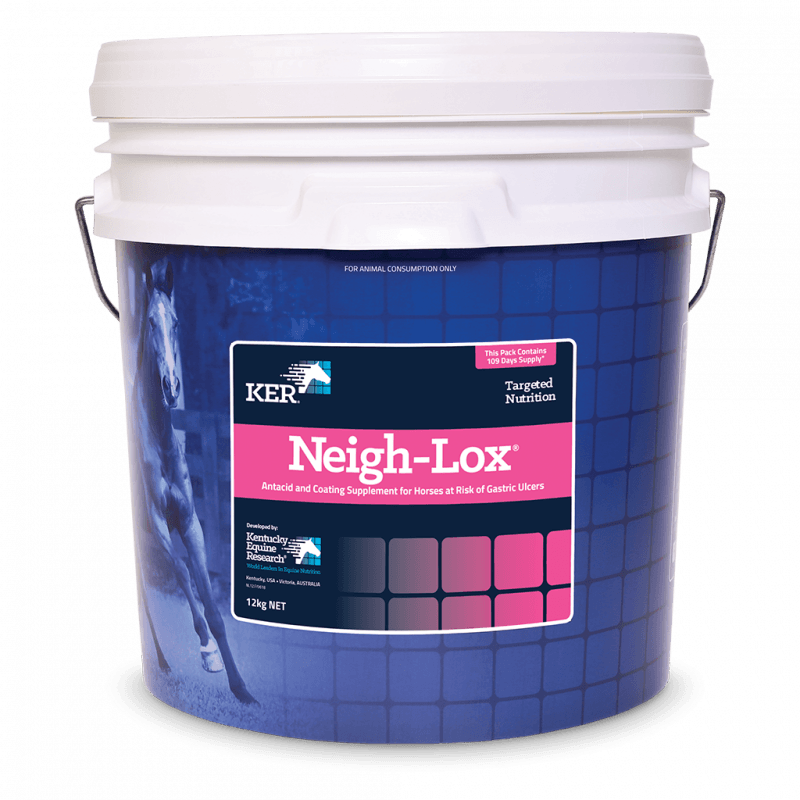
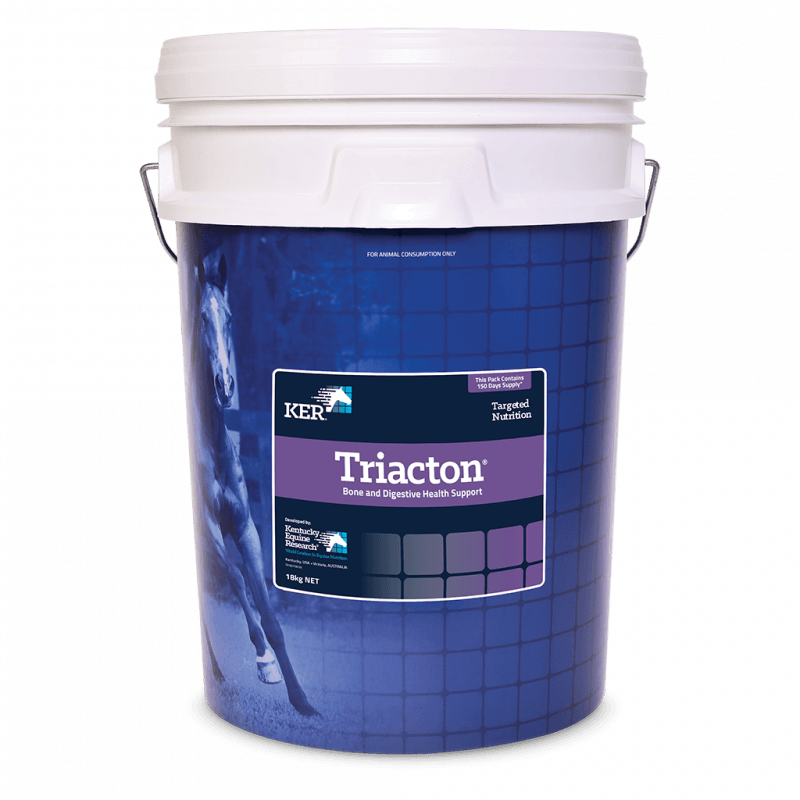
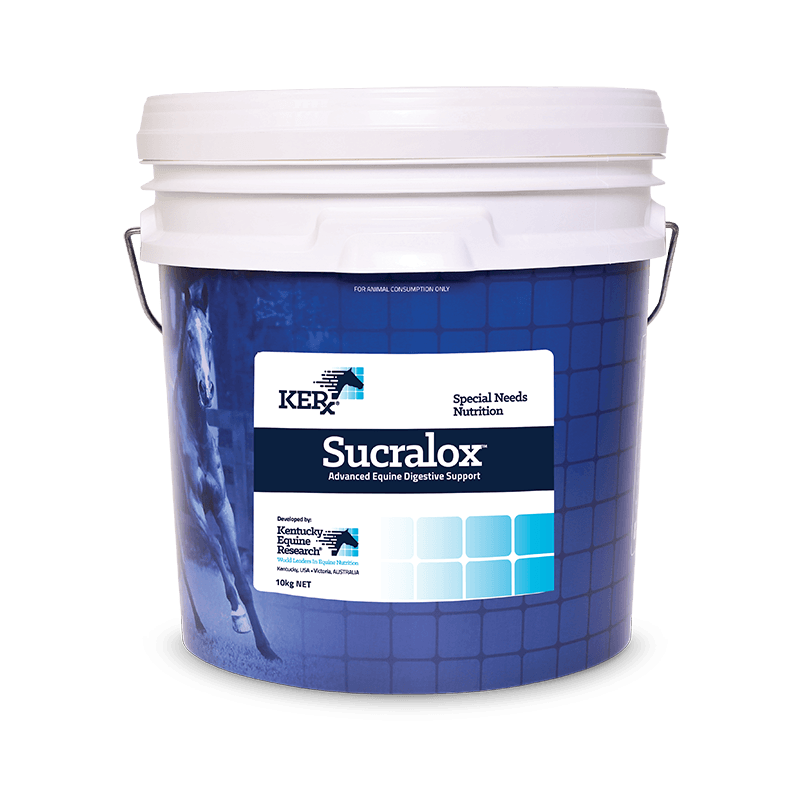
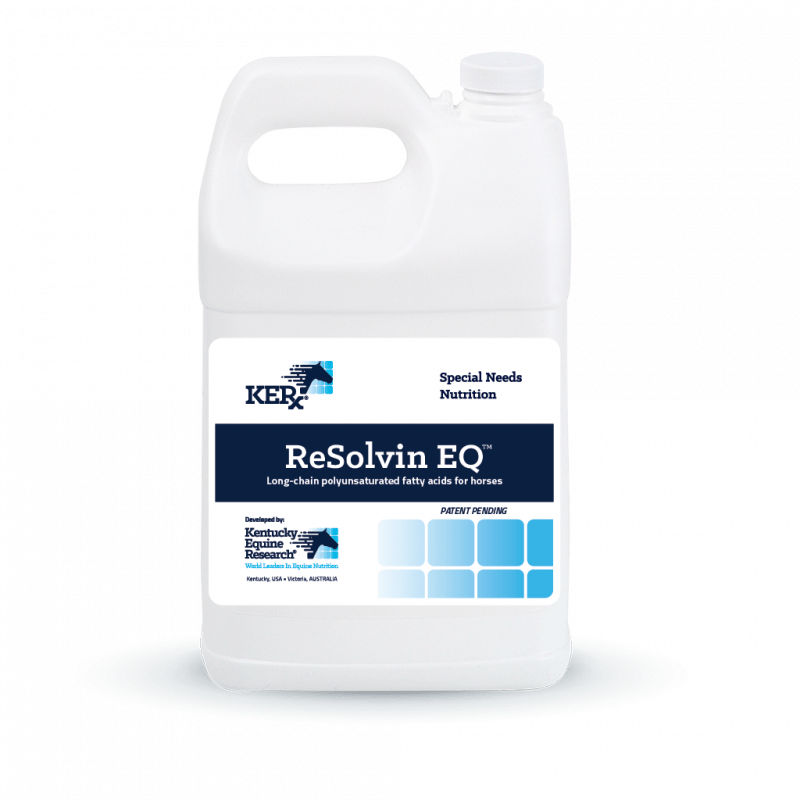
ReSolvin EQ
Long-chain polyunsaturated fatty acid supplement for horses predisposed to gastric ulcers
Published Research
- Long-chain Polyunsaturated Fatty Acid (PUFA) Supplementation Increases Levels in Red Blood Cells and Reduces the Prevalence and Severity of Squamous Gastric Ulcers in Exercised Thoroughbreds
- Feeding Protected Sodium Bicarbonate Attenuates Hindgut Acidosis in Horses Fed a High-Grain Ration
Digestive Health Resources
- Targeted Supplementation for Horses Predisposed to Gastric Ulcers
- Gastrointestinal Care of Horses: Choose Supplements Wisely
- Review of Probiotics for Horses: Diarrhea, Hindgut Acidosis, Performance
- Minimize Gastric Ulcers in Rapidly Growing Weanlings
- Gastric Ulcers in Horses: A Widespread but Manageable Disease
- Small, Frequent Meals Increase Nutrient Digestibility in Horses
- Health Considerations for Retired Racehorses
- Keeping Horses Free From Gastric Ulcers
- Understanding Digestion in the Horse: Comparative Approach